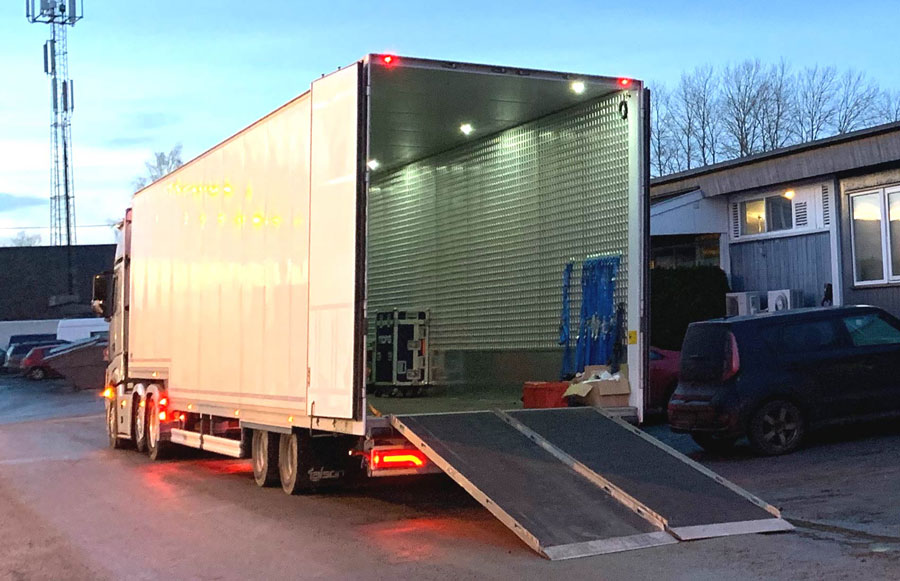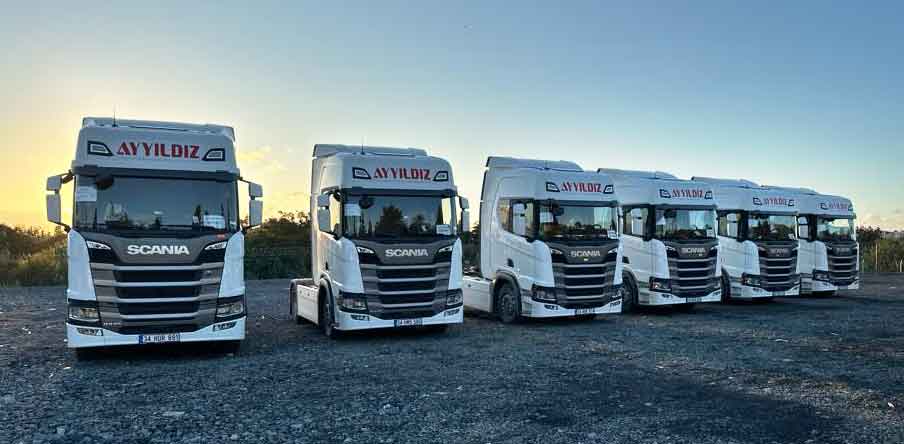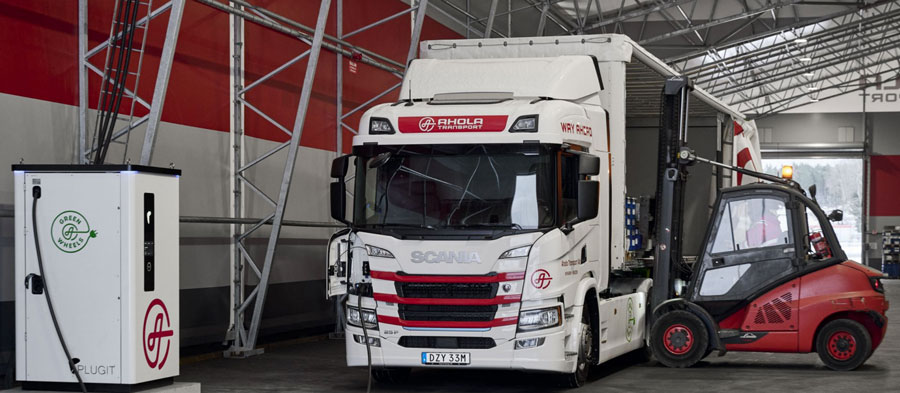The number of connected trucks is growing steadily, translating into significant impact on vehicle uptime as more customers opt for maintenance contacts and time-saving services that leverage connectivity.
Although the service was only launched two years ago Scania had by the end of 2018 signed more than 70,000 Flexible Maintenance contracts, a 68-percent increase from 2017. The service is giving customers up to a whole day extra operation each year, boosting their profitability and the service they provide to their customers.
“This is one of several signs that connectivity is transforming heavy transport. From the customer’s point of view, the results of Scania’s embrace of connectivity back in 2011 are becoming more and more beneficial by the year. Better uptime and smarter planning means improved bottom line – and – more sustainable transport,” says Karin Rådström, Executive Vice President and Head of Sales and Marketing at Scania.
By the end of 2018, there were more than 360,000 connected Scania trucks and buses on the road. About 90 percent of the rolling fleet in Europe is connected. Other parts of the world are following.
The total rolling fleet of Scania vehicles drives a whopping 2.9 billion kilometres every month. In 2011, the corresponding figure was just 62 million kilometres. It’s the wealth of data provided by vehicles’ on-board connected devices that allows Scania to provide tailored services such as Scania Maintenance with Flexible Plans, vehicle servicing that is based on real-time operational data and actual vehicle usage.
Here, the operational data of each truck is monitored when deciding on maintenance needs. Thus, for example oil and filter changes can be made at the best possible time, which cuts the amount of time in the workshop, improving customer economy and making part changes as sustainable as possible.
“Connectivity is invaluable in research and development. The volume of operational data from on-road Scania vehicles is doubled every 20 months. Engineers benefit from all this information when designing new features or improving existing functions. They can then delve into all previous data to determine, for example, component wear and durability as the starting point for an optimal design,” says Claes Erixon, Executive Vice President and Head of Research and Development at Scania.
And real-time data from connected vehicles is also broadening the range of services that Scania can offer to its customers. Connectivity is the basis for Scania Fleet Management, with its insights into driving styles, productivity and economy, which can improve vehicle performance and enhance safety. This is vital for operating economy, road safety, and environmental impact, and allows Scania to also provide driver training and personal coaching, as well as on-board driver-focused systems.










